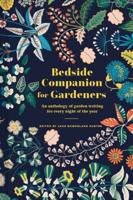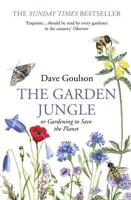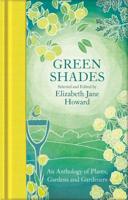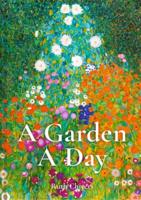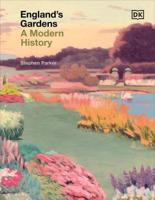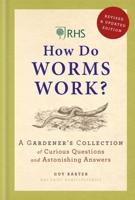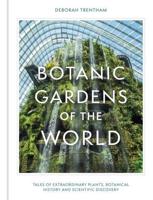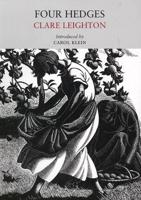Publisher's Synopsis
Whether on the ground or in the mind gardens carry meaning. They reflect social and aesthetic values and may express hope, anticipation or grief. Throughout history they have provided a means of physical survival. In creating and maintaining gardens people construe and construct a relationship with their environment. But there is no single meaning carried in the word 'garden': as idea and practice it reflects cultural differences in beliefs, values and social organisation. It embodies personal, community even national ways of seeing and being in the world.
There are ten essays in this book, each of which examines the role of gardens and gardening in the settlement of New South Wales and in growing a colony and a state. They explore the significance of gardens for the health of the colony, for its economy, for the construction of social order and for personal identity.
For the immigrants gardening was an act of settlement and also a statement of possession. For a long time it was with memories of 'home', often selective and idealised, that settlers made gardens but as the colony developed its own character so did gardening possibilities and practices.



